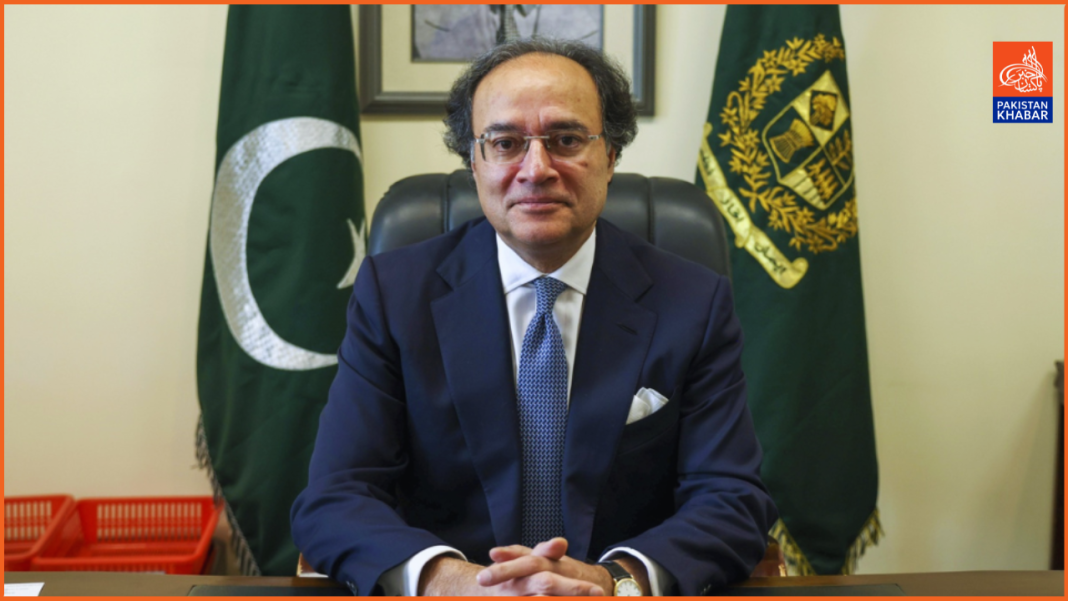Federal Finance Minister Muhammad Aurangzeb has firmly dismissed the possibility of a mini-budget, following a successful round of negotiations with the International Monetary Fund (IMF). Speaking to Geo News on Saturday, Aurangzeb highlighted that the discussions with the IMF were both constructive and productive, with some ongoing virtual meetings to address specific issues that required in-person attention.
The IMF mission, led by Nathan Porter, completed its visit to Pakistan from November 12 to 15. Aurangzeb stressed that the primary objective of the IMF’s visit was not an economic review but rather to build confidence in the country’s fiscal policies and reforms.
According to the finance minister, the IMF delegation listened attentively to Pakistan’s economic position and seemed satisfied with the exchanges. He emphasized that the IMF mission had expressed the importance of broadening Pakistan’s tax base and identifying untapped revenue sources to improve the country’s tax collection system.
The IMF’s statement following the visit reinforced this point, urging Pakistan to continue with prudent fiscal and monetary policies. It also noted the importance of ongoing structural reforms, particularly in the energy sector, and emphasized the need for continued efforts to restore the viability of the sector. The IMF also welcomed the Pakistani government’s commitment to the economic reforms outlined in the 2024 Extended Fund Facility (EFF).
On the topic of state-owned enterprises (SOEs), Aurangzeb confirmed that the government would press ahead with the privatisation process. Despite the setback with the Pakistan International Airlines (PIA) privatisation, the minister reaffirmed that the government would continue privatising other SOEs, including Gencos, DISCOs, and airports.
He also mentioned the ongoing efforts to improve the power sector’s transmission and distribution systems, led by Federal Minister Awais Leghari. Aurangzeb further addressed the delayed approval of the National Fiscal Pact, reassuring the IMF delegation that the delay was short-term and had been explained. He expressed gratitude to the provincial governments for their support in this initiative, particularly thanking Sindh’s Chief Minister Murad Ali Shah for his cooperation.
Additionally, Aurangzeb discussed the rightsizing of the government, noting that 11 ministries had already undergone the process, with efforts continuing in five others. He also defended the reforms to the pension scheme, stating that civil bureaucracy would contribute to the fund.
This round of talks marks a significant step in Pakistan’s engagement with the IMF, as both sides work towards stabilizing the country’s economy and implementing key reforms.




